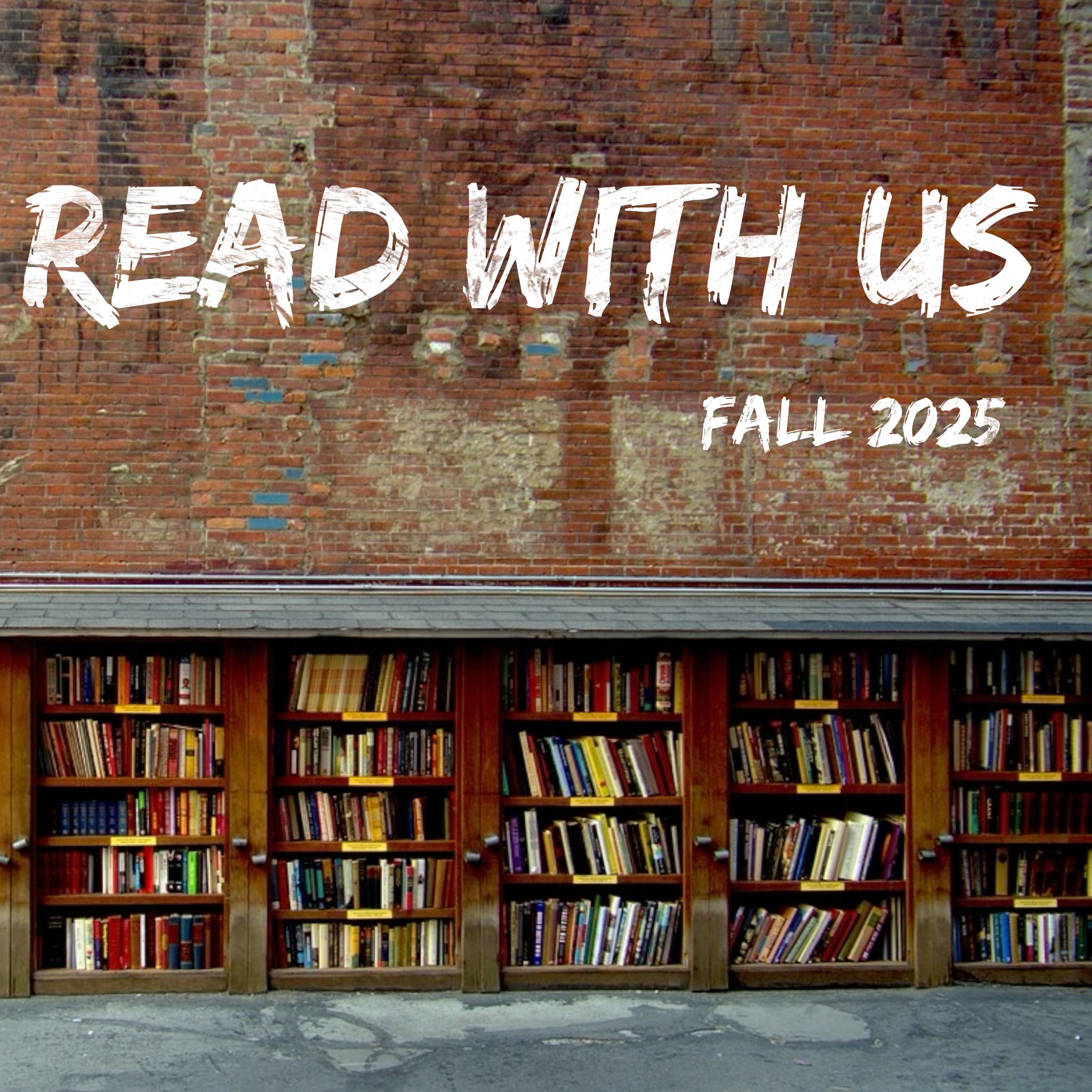
Welcome to . . . Read With Us Discussion Day
Bonny and Carole and I are posting discussion question(s) today for our latest RWU book . . . The Seven Moons of Maali Almeida by Shehan Karunatilaka. Join the discussion (which you’re welcome do even if you didn’t read the book) by commenting on our blogs. I’ll be answering your posts within the comment section for this discussion — and you can comment on other people’s comments, as well. Y’know . . . like in a real book group.
Let’s begin!

First . . . I’d really like to know what you thought of the book. What did you like best (or least) about Seven Moons? And if you gave it a try, but didn’t like it enough to keep reading, I’d love to hear why it didn’t “work” for you.
Second . . . Let’s just talk for a minute about the world-building in Seven Moons. Because . . . I was fascinated by the “afterlife” created by author Shehan Karunatilaka. What did you think? I never quite imagined the afterlife with such chaos and bureaucracy, but it really worked in Seven Moons for Maali Almeida. Or did it? I’m eager to know what you thought. And . . . if you have also read George Saunders’ Lincoln in the Bardo, I’m wondering if you found any similarities between the Lincoln’s bardo and Maali’s afterlife?
I can’t wait to hear what you think!
==========
Don’t forget: We’ll be discussing the book on Zoom tonight – 7:00 pm Eastern Time. There’s still time for you to join us! Just let me know of your interest either with a comment or by sending me an email (see sidebar, above) — and I’ll send a Zoom invitation.
PS – If you are planning to join us on the Zoom, but haven’t received an invitation from me (I sent them yesterday), please let me know so I can get the Zoom link to you today.






I’m looking forward to the discussion. I am curious how others got through the book because I am struggling with it.
Hi Dee. I’ll forward the invitation to you. (I wasn’t sure if you were planning to join us for this one or not . . .) I’ll be interested to hear more about your feelings about the book tonight! I know some people find it a hard book to get through . . . for various reasons.
Dee, I listened to the audiobook, which I think Kym will talk about the pros and cons of that tonight… I did not have the list that Kym talked about with the audiobook, but I liked it!
I also struggled with the book, and if it hadn’t been a RWU choice I would have quit. I started listening to the audiobook as Kat mentioned, but I found that gave me too many, too vivid pictures in my mind. I switched to the Kindle version and that worked better for me. Once I got past the gore and butchery I came to like and appreciate the book.
Oops- should have said I need an invitation. Thanks!
I was really fascinated by how different the afterlife seemed compared to “traditional” Western depictions, but that felt right to me given the Southeast Asian setting. I was particularly amused by the bureaucracy of it all — we have to fill out forms and wait in line in life, so why not also after death? Looking forward to talking about it more tonight!
I think this “afterlife” is most fitting for Sri Lankan life at that time. And… I loved the chaos. It made the book “feel real” to what I remember from news reporting in the 80’s. Chaotic… and horrific. I’d say the author got that down perfectly!
And yes… it very much reminded me of the style of Lincoln on the Bardo…which, for me, made it easier to settle myself into the story. I stopped struggling trying to figure out who was who and just let Karunatilaka take me on the journey with Maali. I liked the book very much!
had such mixed feelings about this book. Yes, the writing is gorgeous and the plot construction sophisticated. The magical realism was convincing for me and I was fascinated by the way the afterlife was conceived of and structured. I mostly ignored the overall political details and went with the overall approach to the book of acknowledging the setting as a small country suffering from corrupt leadership and multiple conflicting political parties informed by conflicts of race, caste, and nationality.
I focused on the relationships and the characters. Yes, Maali is a likeable survivor – until he’s not. His quest to get his photos published provides the through-line for the story and i appreciated that what was a priority for him and then for his friends actually meant very little to the world in which he thought he might be able to make a difference. His personal fulfillment of his mission contrasted strongly for me with the futility of the results. I’m still not sure what I think about the end of his after-death story arc and his new role as we close the book.
I was also pretty put off by the three main female characters. Yes, I guess they represented the roles of women in that society at that time, but they made me unhappy over all.
I read the book early in the summer too, and did not go back to reread it so I’ll be interested to hear what others think tonight.
replying to myself to say I tried to post this comment on Carole’s blog – it aligns more closely to her questions, but I kept getting a database error so posted it here.
I struggled with reading the book and I’m not sure I liked it all. I just found it hard to keep track of everything and it could have just been the timing of it coming in from the library. I’m glad I read it but would never have picked it up without bookclub. There is so much going on here day to day (caretaker of parents, one with dementia) that I think the timing was just off.